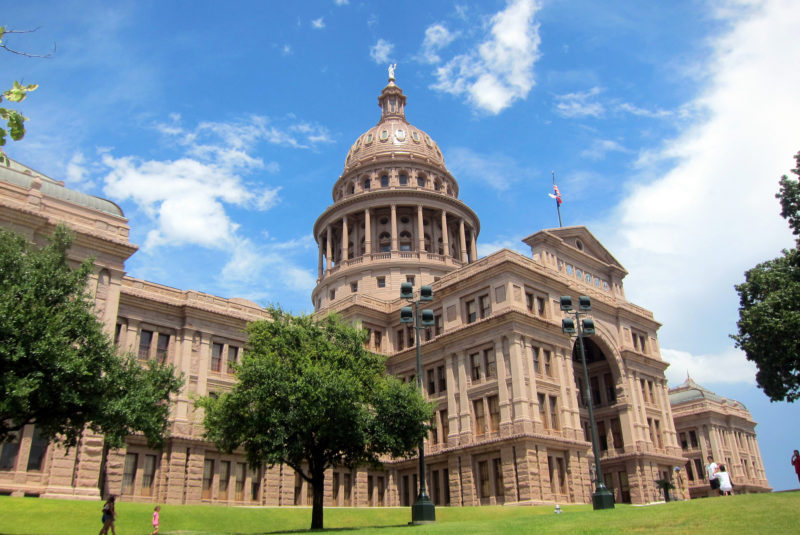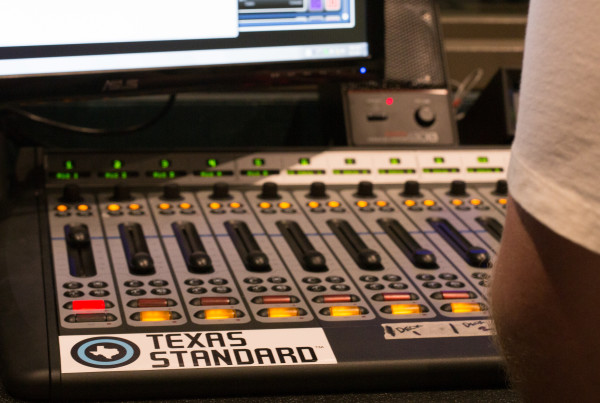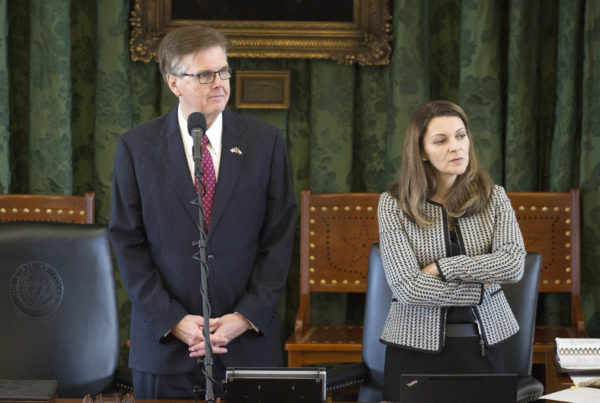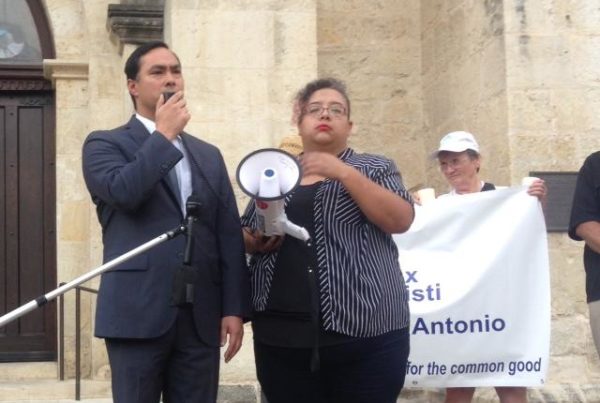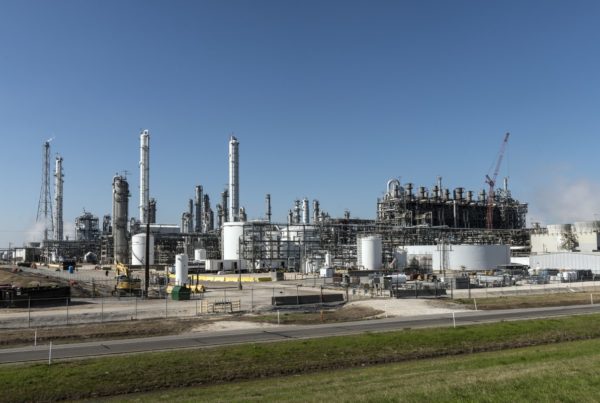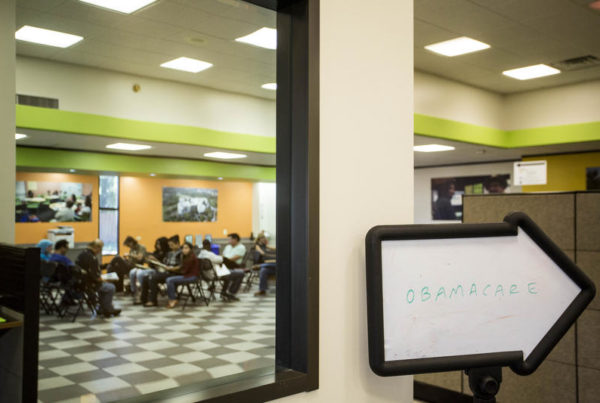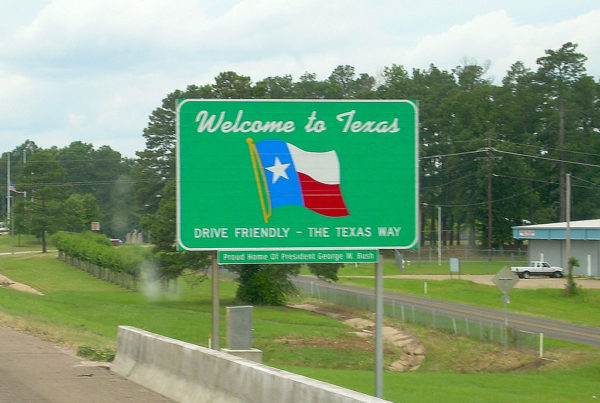Texas law prohibits members of the Legislature from accepting campaign contributions during a regular session. The restriction came about after poultry magnate Lonnie Pilgrim handed out $10,000 checks on the Senate floor in 1989 – just two days before a vote on a workers’ compensation bill that Pilgrim had an interest in.
Today, lawmakers can’t accept campaign cash in the Capitol, and the prohibition against contributions during the session applies not only to legislators, but to statewide officeholders as well.
But there’s a loophole. Lawmakers are not prohibited from accepting money during a special session. And as the current special session enters its second week, James Drew, Austin bureau reporter for the Houston Chronicle, says lots of fundraising is going on.
Lawmakers can collect campaign cash during the session, and they have 30 days to disclose those contributions once the session ends.
“Essentially, what legislators will say is that there is no way to predict when a special session will be called by the governor,” Drew says. “And so how would you be able to raise campaign dollars after the regular session if there’s all this uncertainty?”
Drew says lobbyists and good-government activists suggest the uncertainty problem could be solved by establishing a limited period during which lawmakers could raise money, between sessions.
Drew says Gov. Greg Abbott is making bank during the current special session.
“The most aggressive campaign fundraiser has been the governor,” Drew says.
Donors who sent money to Abbott’s campaign by the first day of the special session could have their contributions triple-matched by other donors, Drew says.
Drew says two senators and one House member have already held or scheduled fundraisers during the current special session. Because lawmakers need not disclose the names or amount of contributions until 30 days after the session, it’s impossible to know who is attempting to influence members of the legislature right now, and for how much.
Written by Shelly Brisbin.


